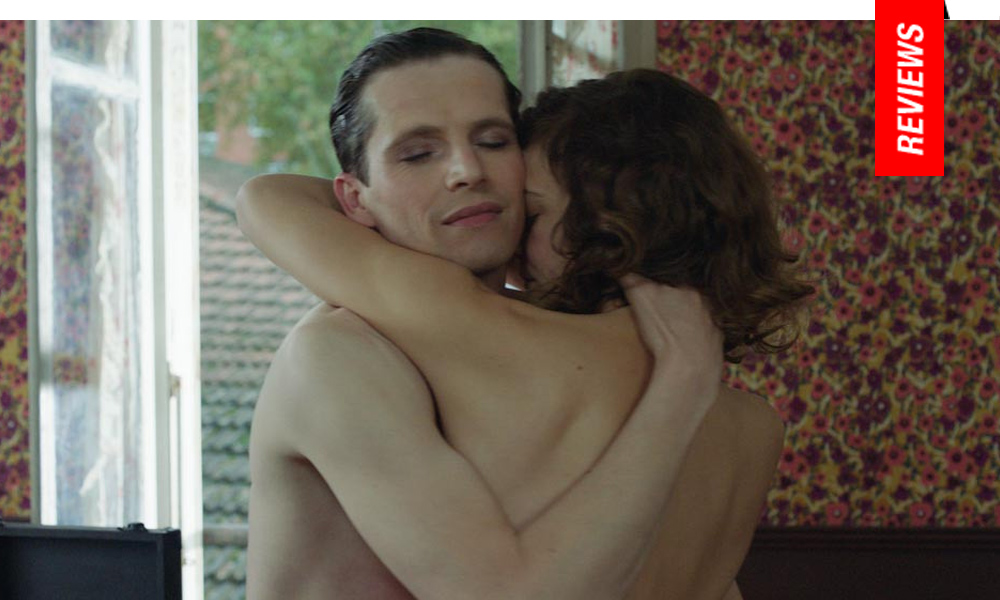My Baby Shot Me Down: Techine’s Tedious Period Piece a Drained Chronicle
In 1914 France, Paul Grappe (Deladonchamps) is forced to leave behind his wife Louise (Celine Sallette) to join the frontlines in WWI. Accused of faking an injury wherein he loses a pointer finger, Paul is ordered back to the battlefield despite his injury. With the help of his wife, Paul deserts, and hides in a hidden room in the home of Louise’s grandmother. But one day on the job as a seamstress, Louise comes up with the idea to dress Paul as a woman. Thus, Suzanne is born, a lithesome creature who takes to the woods of the Bois de Boulogne and works as a prostitute who revels in her handiwork. A decade later, Paul is pardoned, but doesn’t want to let the persona of Suzanne go. A stage play about his experience is made, which further solidifies Paul/Suzanne as a news item. Meanwhile, a lusty count (Gregoire Leprince-Ringuet) begins to court Louise after meeting the couple during a lusty orgy in the woods, and soon the connection between Paul and Louise begins to deteriorate.
First off, Golden Years is likely to be doomed by comparisons to 2015’s The Danish Girl, which depicts a similar queering of an otherwise heterosexual couple (and worse, this will likely be cause to validate Tom Hooper’s problematic award winner). But these nods are merely superficial, both in similar period settings and the aesthetic of feminizing Deladonchamps.
The largest misstep is the lack of interiority afforded either Paul or his female alternate Suzanne. There’s little difference between his depiction as either, lacking any sort of psychological segue, which only hinders understanding or empathy for Paul/Suzanne when social convention demands he revert to his former self completely.
Techine, who’s often lauded for his queer narratives, such as the seminal Wild Reeds (1994) or Being 17, strangely adheres to the common convention of placing sympathy on the shoulders of the female lead (hardly a surprise considering Techine’s penchant for widely regarded films featuring notable actresses), here Celine Sallette, who walks away with the only semblance of empathy as a woman who rejects her husband’s lascivious pansexual hedonism and decides to keep their child despite a number of apparent warning signs which should indicate otherwise. But, seeing as we’re dealing with an actual event, it seems no time was afforded for ironing out these kinds of snags on the way to the inevitable.
The rhythm of the film is choppy, however, thanks to a framing device concerning a staged play (and eventual cabaret version) of Paul’s incredible story, as directed by the constantly interrupting Michel Fau (entertaining as Catherine Frot’s voice coach in Marguerite but obnoxious here). Past and present get jumbled together haphazardly as we flashback to Paul’s dilemma and flash forward to his eventual denouement. What’s most scandalous about Golden Years is how Techine managed to warp something so compelling into a film so utterly conventional.
Reviewed on May 21st at the 2017 Cannes Film Festival – Séance Hommage a André Téchiné. 103 Mins
